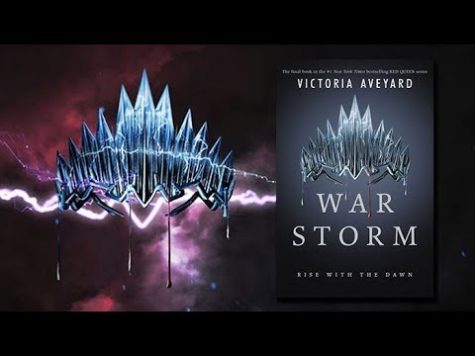Interstellar Visually Stunning but Short on Story
I’ve never been a big Christopher Nolan fan. Frankly, I think the guy is overrated. Not that I don’t like any of his movies, because I do. Like everyone else, I like The Dark Knight and Memento. And Following is still an impressive filmmaking debut, made all the more admirable considering the fact it was made for $7000. But all his movies seem to try so hard to be epic and groundbreaking and thought provoking. Not that this is a bad thing, but it’s like a baseball player who swings for a home run every time he is at bat. It can be frustrating. What makes this worse and really irritates me is his everlasting fan base who treat his every at bat like it’s a home run, when most are clearly not (I’m looking at you, The Prestige).
Still, I try to come to each Nolan movie with an open mind, and usually he can deliver viscerally. His latest film is no exception. On just a purely visual level, Interstellar is one of the best movies of the year, and even one of Nolan’s best. Unfortunately, the rest of the movie is not. But like every other Nolan movie, it certainly tries. Don’t get me wrong, Interstellar is not a bad movie. It’s just trying too hard to be a great one.
It has an intriguing premise to begin with. Matthew McConaughey plays Cooper, an ex- NASA pilot, in an unspecified time in the future. The world is going through a crop shortage, and unless something changes, Cooper’s kids will be a part of the last generation. And to the movie’s credit, it leaves the time of the future unspoken and doesn’t beat us over the head with a “we’re destroying our planet” message like other recent sci-fi movies. Anyway, after following coordinates found in dust in his daughter’s room (which she claims was put there by a ghost who lives there) they stumble upon the secret headquarters of NASA, which at this point in history has been shut down due to better uses of fundings.
Basically, Cooper is asked by NASA to join three other pilots in a space launch. They’ve discovered a wormhole near Saturn that leads to three planets that may be able to sustain human life. While this mission could save mankind, it would mean Cooper would have to leave his son and daughter behind. It is also made clear to him that although he can very well survive the mission, it would mean he may never see his kids alive again. Its a tough decision, but he decides to go on the mission fully aware of the risk. And in an unexpectedly powerful scene, has to say goodbye to his daughter who doesn’t understand why he must go. They part on bad terms, something that clearly haunts him throughout the movie.
Soon, we get to see them go into space. I hate to gush, but Nolan’s space sequences are absolutely astounding. He claims that 2001: A Space Odyssey was a major influence on him, and it’s here that it shows. Instead of using all the readily available technology at hand and computer generating the whole thing, he instead opted to use models and miniatures. The result is beautiful. Add to that the fact he chose to shoot it on film instead of digitally make the end results even better. It is comforting to know that a filmmaker as big and influential as Nolan is still using old fashion techniques and keeping them from going extinct.
So with all of that said, I really wished I liked Interstellar more than I did. It has everything it needs to be great; a good cast and crew, intriguing premise, and even breathtaking cinematography. Sadly, it just doesn’t add up to overcompensate its narrative flaws.
Another Nolar flaw is that his characters are always kept at arms length, and at least here he tries to make up for this with the father/daughter dynamic. For the most part they work. It is here that Interstellar has its most powerful scenes. But it is like he focused all his attention on that and forgot about the other characters. He has other pilots on the ship with Cooper, not to forget he also has a son. But by the end of the movie, they are forgotten.
As with every sci-fi movie about space and time travel, there’s a good amount of math and science thrown at you. And unless you’re a mathematician or scientist, it’s kind of hard to tell whether its all accurate or not. For a majority of the run time, it seems mostly believable and easy to go along with. But still, the third act takes a couple of stretches and leaps that seem to throw out all the science out the window and go “just trust us on this on”. Sorry, but I won’t.
At the end of the day, Interstellar isn’t a terrible film. The space sequences and Hans Zimmer’s beautifully haunting organ score alone are worth admission. Other than that, there’s nothing particular worth recommending about it.

James Mason is a writer for Temple University. When not writing for the newspaper, he can be found at home reading badly, writing badly, viewing bad...
















